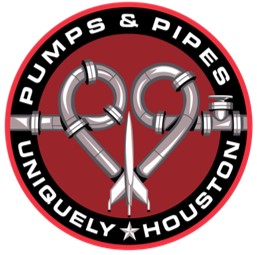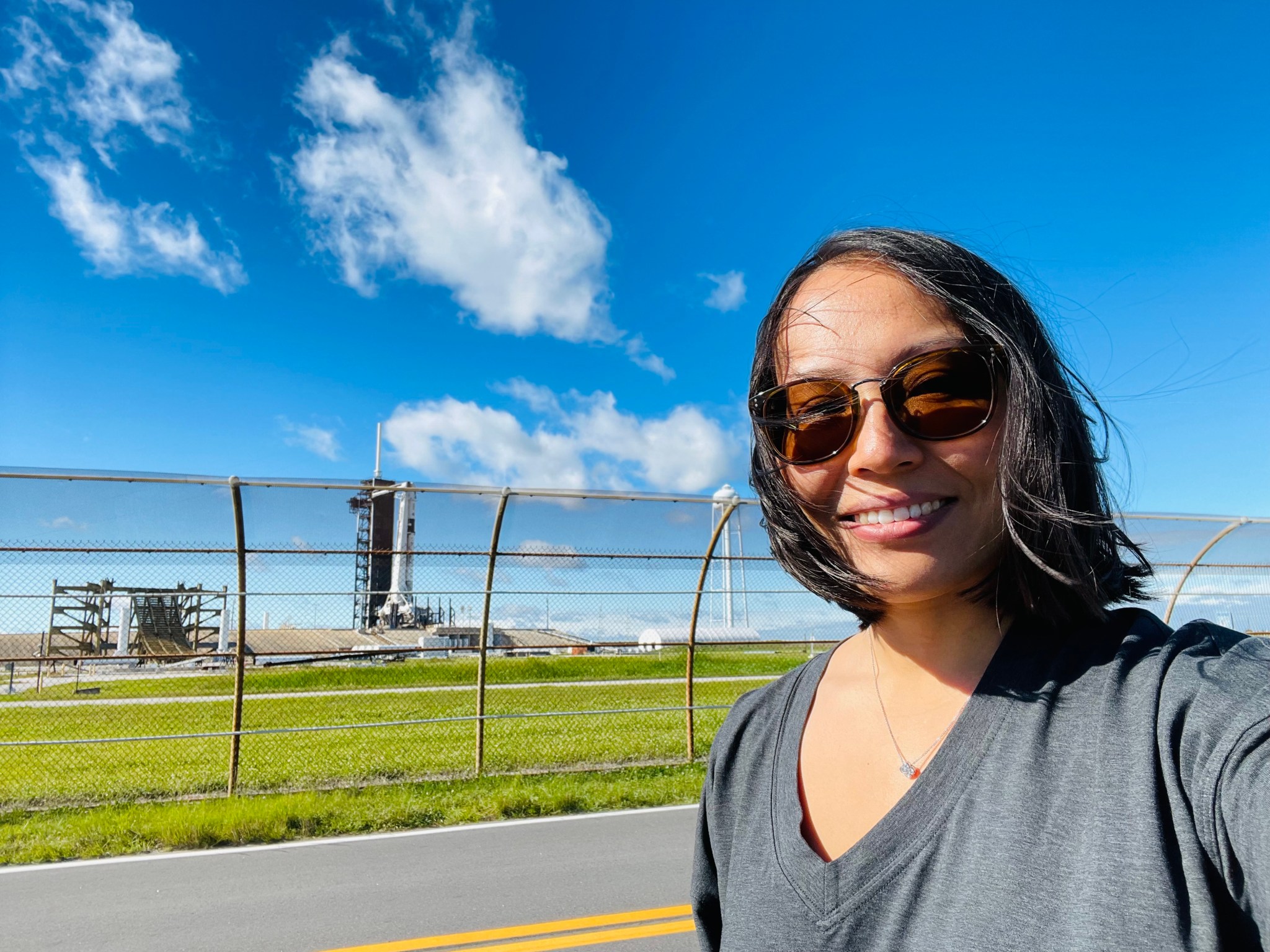As the Space Food Systems manager at NASA’s Johnson Space Center in Houston, Xulei Wu works with a team to create tasty, shelf-stable meals for astronauts aboard the International Space Station and, soon, for crews flying to the Moon as part of the Artemis program.
What does it take to become a space food scientist at NASA? We met up with Wu to learn more about her journey from creating meals for camping in the deep woods, to making foods for exploring deep space.
Preparation Meets Opportunity
“I don’t consider myself very smart; I’m very hardworking,” said Wu, who was born and raised in China and is a first-generation immigrant.
After rising through the ranks at a major U.S. freeze-dried food company, Wu was content in her job creating shelf-stable foods for people to rely on when the tools and conveniences of a modern kitchen aren’t available. Her work kept her busy – too busy to consider other careers or applications for her unique skillset.
It took a flat tire to literally stop her in her tracks long enough to spot a job opening that sparked a new direction for her career.
“I got a nail in my tire, so I broke down on the highway,” Wu said. While she was waiting for roadside assistance, she began to scroll through her phone. That’s when, she said, “I found out a freeze-dried food scientist position was opening at the NASA Space Food Systems Laboratory.”
Even though Wu enjoyed working in the food industry, she said it was NASA’s larger mission that inspired her to apply.
“My favorite part of this job is really to serve a large purpose, that I’m part of the effort to support human space exploration, so that one day we can go back to the Moon,” Wu said.
Choosing From a Menu of Sciences
“My education and my experience definitely prepared me to land a job in the Space Food System Laboratory, and I consider myself extremely lucky,” Wu said.
Growing up, Wu enjoyed science so much that when she had to choose a college major, she had a hard time narrowing her choices between biology, chemistry, and physics.
As she considered her options, reports of babies being sickened by infant formula gained national attention in China. Several formula companies were found to have deliberately contaminated their products with a chemical that gave the appearance of higher protein content but resulted in kidney problems for thousands of babies. The scandal piqued her interest in food safety.
“That was the trigger,” Wu said. “I realized: I want to study more about food safety. And food science happened to involve multiple different disciplines in that process.”
Wu earned a bachelor’s degree in food science and engineering from Shanghai Jiao Tong University, then a master’s degree in food science and technology from Oregon State University.
After graduation, she went to work for North America’s largest supplier of freeze-dried foods where she created food products targeted for outdoor recreation, like camping, and also for emergency preparedness. In this role, she worked on similar challenges to those she works on today: how to keep food fresh, tasty, nutritious, and shelf-stable for long periods of time.
“All of those are needed perspectives [for] working in the Space Food Systems Laboratory,” Wu said. “For the International Space Station, we’re targeting three years’ shelf life; for a Mars mission, we’re talking five to seven years’ shelf life.”
Advice to Future Food Scientists
Wu shared some advice to students: focus on what you really care about, work hard, and be ready to take your own giant leap.
“It’s important to discover your true interest, your true passion, the subject you love the most, and then connect this to a career making a contribution to society.”
But as with Wu’s experience, sometimes you get a nail in your tire on the path to your next big break. It’s what you do in those moments that can define you.
“Don’t doubt yourself,” Wu said. “it’s okay to have a difficult time. Give it a try. Give it a shot. Because as long as you work hard enough, you will find out what you’re truly fit for.”
Xulei Wu
Space Food Systems Manager
Lean more about Xulei Wu and her job at NASA in this episode of Surprisingly STEM.

